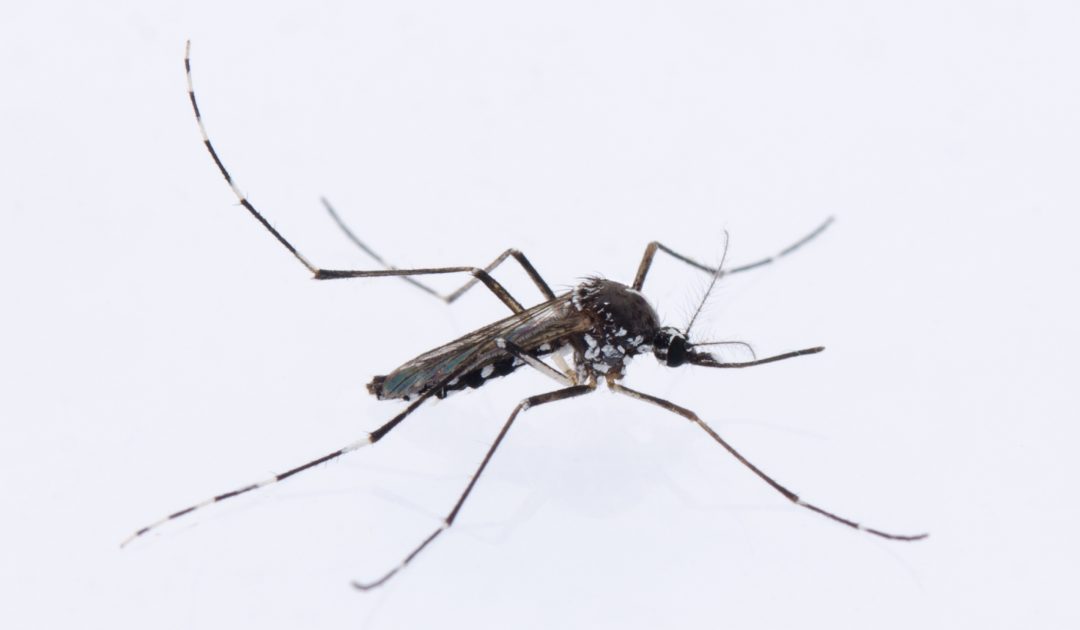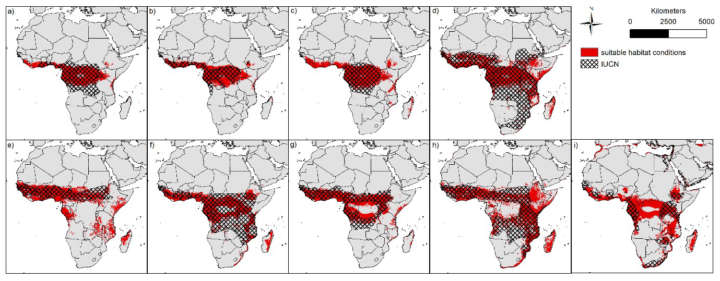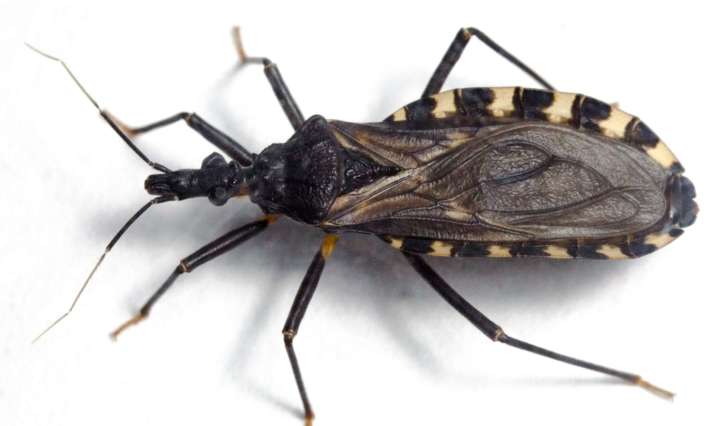
Infectious diseases are a common cause of human death. With more than 700,000 deaths annually, vector-borne diseases (e.g. malaria, Dengue fever, Chagas disease or leishmaniasis) account for more than 17% of all infectious diseases. Arthropods like mosquitoes, ticks, triatomine bugs, sandflies, blackflies and fleas function as vectors for the transmission of parasites, viruses, or bacteria. Changes of the abiotic and biotic environment influence vector diversity, distribution and abundance, and the direct and indirect consequences for human health may have dramatic medical, ecological and economic impacts.
Reflecting the highly divergent state of current knowledge, we study medically relevant organisms, including parasites, disease vectors (e.g. mosquitoes, rodents, bats) and reservoir hosts. We focus on the population dynamics, ecology, life cycles and transmission mechanisms using a broad spectrum of methods, from specimen-based taxonomy using morphological and molecular approaches, to advanced approaches of phylogeography and niche modelling.
Key topics of our research include:
- a) the identification and description of new and emerging pathogens, protozoan and metazoan parasites, vectors and reservoir hosts and their present distribution
- b) the investigation of factors for pathogenicity, vector and intermediate host competence, both in laboratory experiments and in the field
- c) risk assessments and predictive modelling of vector and pathogen distribution under global and regional models of climate change
Our research may help inform public health planners and the general public on aspects of control, prevention, diagnosis and treatment of diseases, parasites and other pathogens caused or transmitted by animals.




